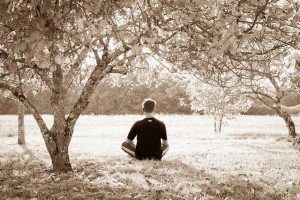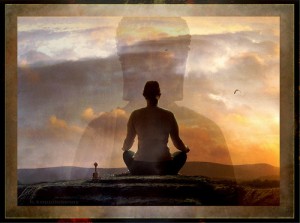
“Meditation is the discovery that the point of life is always arrived at in the present moment.”
– Alan Watts, British-born philosopher
Hope you have had a great start to the New Year. Wish you and your loved ones a very Happy, Healthy and Meaningful year ahead!
This is that time of the year when we tend to reflect on the year gone by and make new personal resolutions for the year ahead. However, if there’s one idea I would love for you to consider this year, it would be to include a few minutes of daily meditation practice in your life.
Our modern lives are so stressful – driven by both, the innumerable opportunities and our insatiable ambition, we lead very fast-paced lives, juggling multiple balls. Unfortunately, despite the significant economic progress around us, as a society, we are not necessarily any happier. Notwithstanding individual successes, many of us experience incompleteness within.
Why meditate
If you can’t eliminate or even reduce stress in your life, maybe you should consider learning ways to better manage it. Meditation is a proven method to achieve exactly that. Besides helping you find greater calm, content and peace, meditation has numerous other benefits.
Significant quantum of research demonstrates that meditation practice can noticeably improve all aspects of an individual’s life – health, relationships, emotional well-being, work productivity and creativity. Independent studies at the National Institute of Health, and at Harvard, reported that regular meditation reduces chronic pain, anxiety, high blood pressure, cholesterol and cortisol, the stress hormone.
Meditation is also proven to increase serotonin production, which influences mood and behavior. Low levels of serotonin are normally associated with depression, obesity, insomnia and headaches. Meditation supports an individual’s growth of self-confidence, calmness, and tolerance. Peaceful thoughts, speech and actions, developed by meditating individuals, lead to greater harmony in their immediate relationships.
How to meditate
Many of my coaching clients are interested in exploring the idea of meditation, but either feel overwhelmed by the available choices…




















